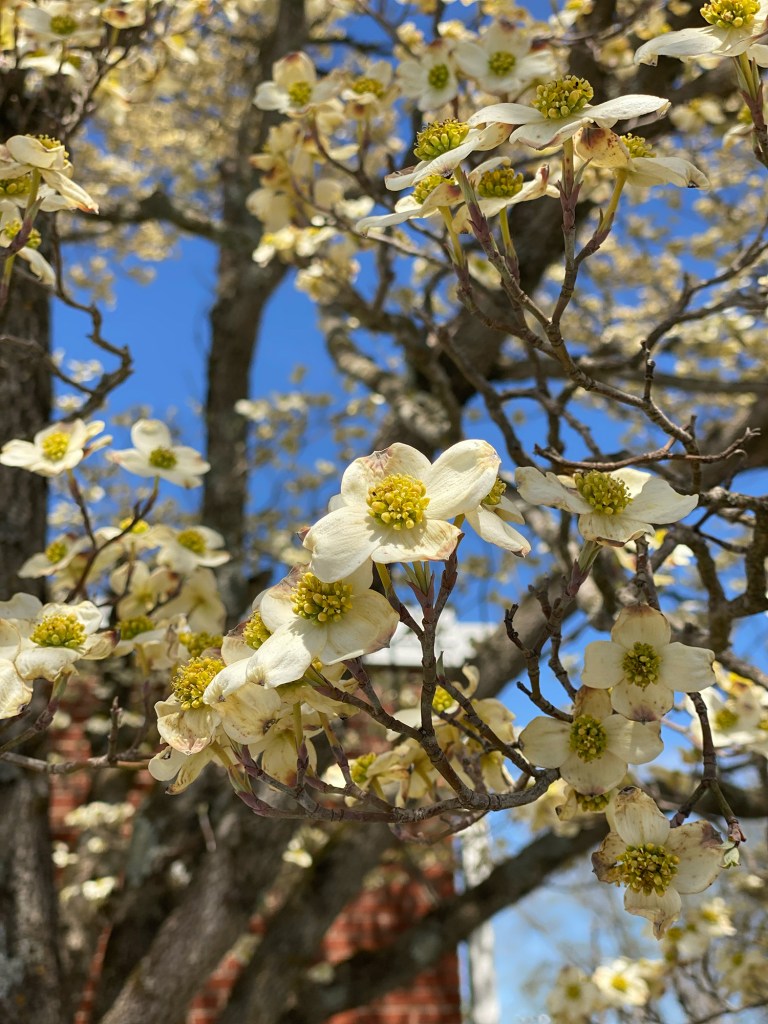Bradford Pears are likely not the reason your allergies are so bad this season
Published 4:10 pm Tuesday, March 28, 2023

- A close-up shot of a Bradford pear blossom.
While spring allergens are commonly attributed to the in bloom Callery pear (colloquially known as the Bradford pear), one invasive plant specialist says that is probably not the case.
“The Callery pear is actually insect pollinated, so it’s probably not contributing to the allergen problem,” Extension Specialist Nancy Loewenstein said.
Trending
While this tree might not be a threat to your sinuses, it is a threat to other native life.
Where did this invasive tree come from though?
The Callery pear was imported to the United States in the early 20th century to be used in breeding to increase blight resistance in the common pears of the time.
“Originally, it was introduced for rootstock for pears used in production because it was resistant to the Fire blight that was doing a number on pear crop,” Loewenstein said.
People noticed it was a “nice looking tree,” and so it ended up in the horticulture rotation.
Now the trees are a “self perpetuating” invasive species.
Trending
“The more that gets out there, the more they can cross and produce more seed,” Loewenstein said.
It is now in the “rapid expansion” phase of “non-native plant invasion.”
“It’s just a really fast population growth and we’re seeing it more and more places,” she said.
As the Bradford pear population expands, it displaces native plant life.
“A lot of times you see it coming into open fields that you know it’s displacing some of the grasses and smaller plants that would be in the understory,” she explained.
It functions as a biological desert.
“It’s also not used as much by caterpillars,” she said. “If your yard is just filled with Callery pears, birds that need the caterpillars and other bugs to feed their young are not able to get those on the Callery pear.”
Trying to stop the invasion is “like closing the door after the horse is out.”
“Unfortunately the best thing to do at this point is, well, to slow it down,” she said.
Some states, like South Carolina, are prohibiting the sale of Bradford pears to try to slow the expansion.





